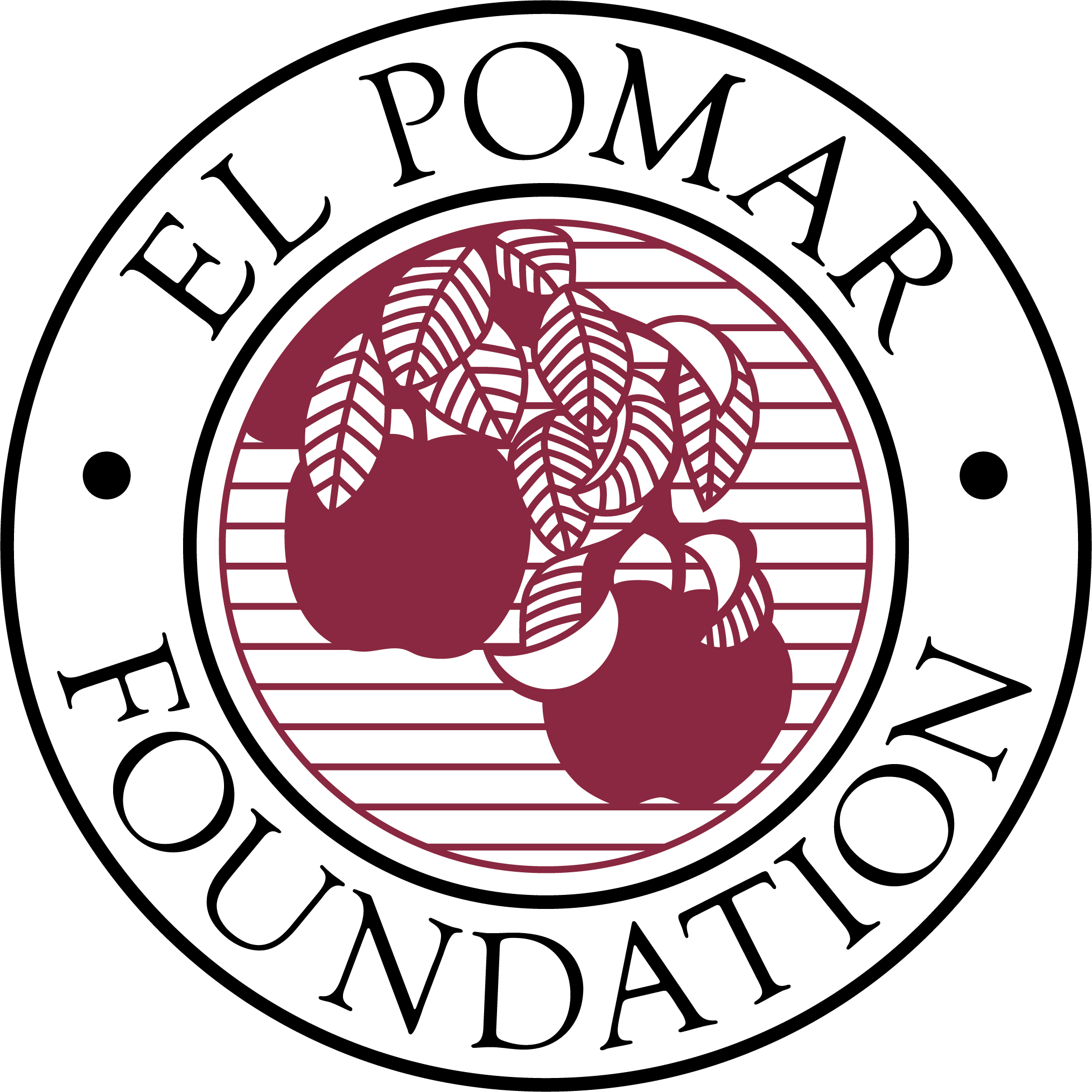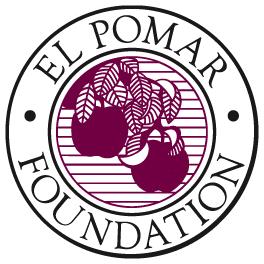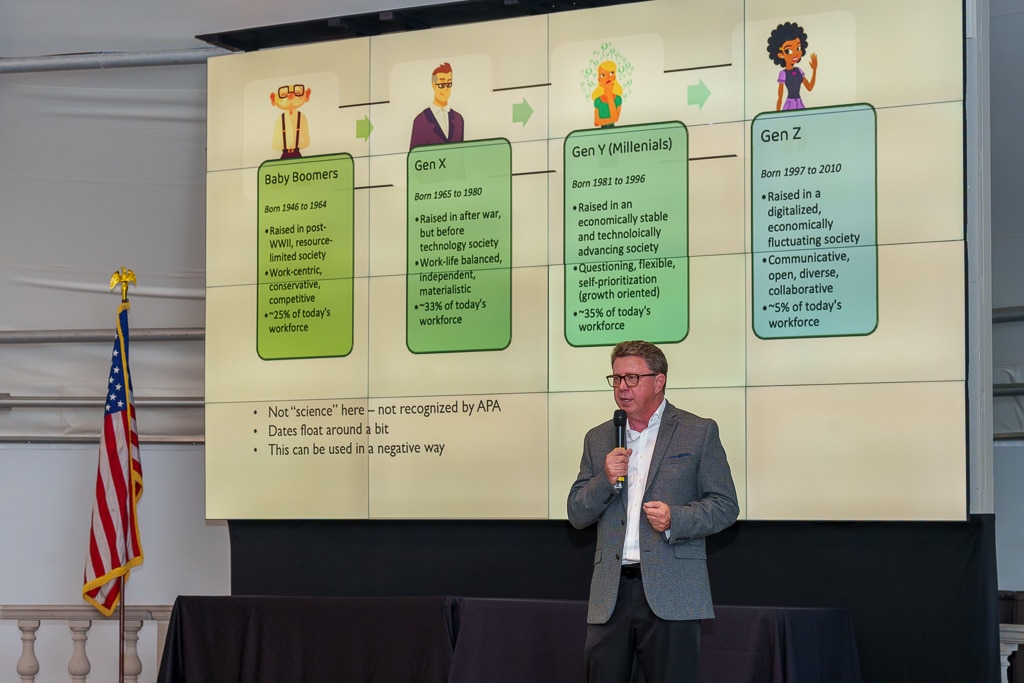“Figure it out.” Three words that may be hard to hear for Millennials and Gen Zers like me. While this phrase often evokes initiative for Baby Boomers and Generation X, young people hearing this phrase can take it as a bid for mentorship. What encourages one generation to work through a problem can stifle another, which raises the question: How can leaders effectively navigate the evolving multi-generational workforce?
Professors Scott Van Ness and Madeline Kurcz from the University of Colorado Colorado Springs answered this question at the recent Elevating Leadership Development (ELD) All Council Special Program, offering insights into communication, collaboration, and evolving priorities among multi-generational teams.
They suggested posing questions like:
- “What is your preferred method of communication?”
- “How do you prefer to be interrupted?”
- “Who can I go to if I have questions?”
- “What’s a common mistake new people in my position make?”
By asking these questions, Van Ness and Kurcz claim that it is possible not only to overcome the challenges of a multi-generational workforce but also better leverage the strengths of each generation. With diverse perspectives, problem-solving styles, and learning methods, multi-generational teams hold untapped potential. When these strengths are recognized and aligned, they create powerful opportunities for innovation and connection.
This event empowered leaders to create collaborative workspaces between generations, and El Pomar’s Internship has shown me the incredible value in this. Working with people of all ages has taught me to embrace the mentorship available while still appreciating opportunities to build “figure it out” muscles on my own.
By bringing together seasoned professionals and aspiring professionals like me to highlight our unique strengths, ELD’s All Council Special Program exemplifies the vision of El Pomar’s founders, Spencer and Julie Penrose. Their legacy lives on through ELD programs like this that seek to advance the skills, knowledge, and network of Southern Colorado leaders. By convening, empowering, and taking action, ELD members and participants continuously serve others, creating resilient communities.
Through this event, I learned that some generations value face-to-face interaction while others prefer written communication. Even punctuation can carry different meaning; what feels professional to one generation may seem cold to another. I will bring these lessons into my career to better navigate workplace relationships because now I understand every generation in the workforce brings a unique set of strengths.
Now it is just a matter of understanding how each of us “figure it out” to unlock untapped potential.



